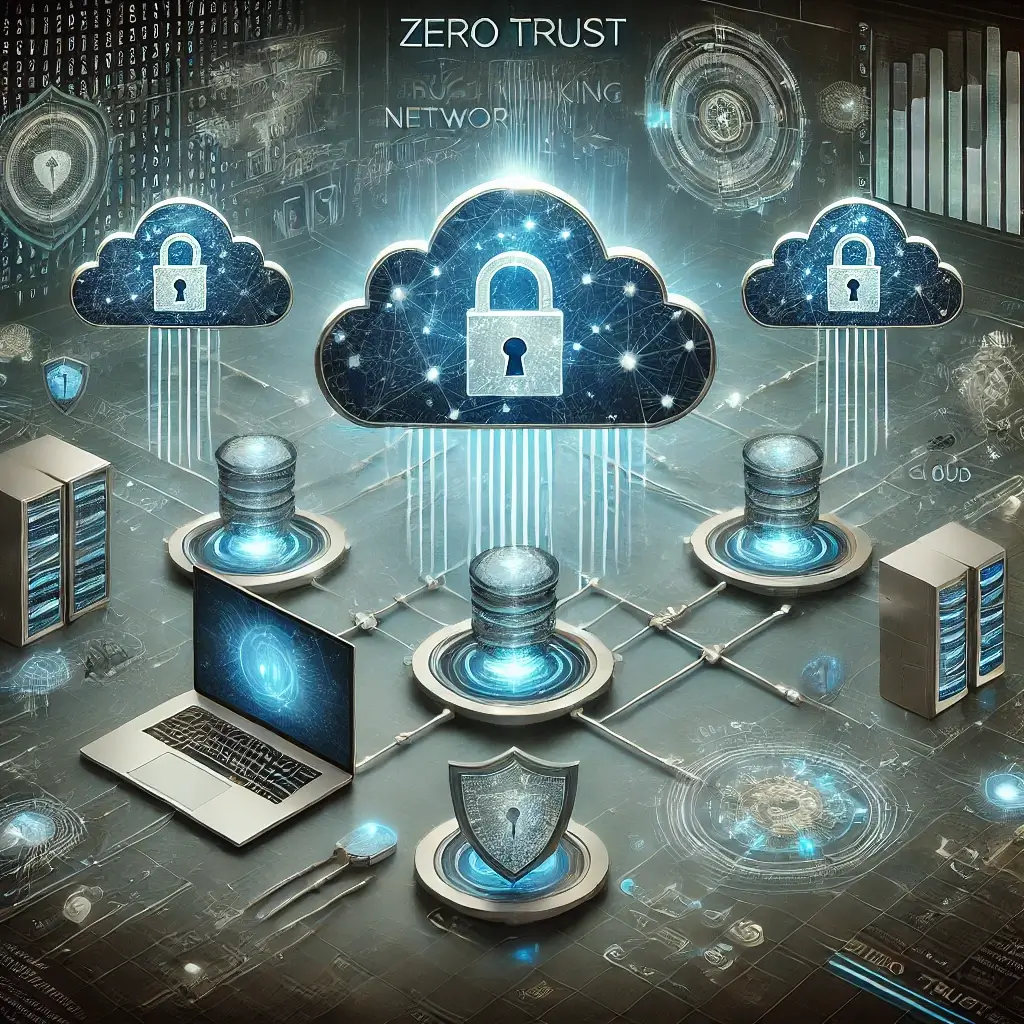In the rapidly evolving cybersecurity landscape, the traditional perimeter-based approach to network security has become increasingly obsolete. theCUBE Research, recently explored this shift with Pankaj Patel, Co-Founder and CEO of Nile with a discussion on the pressing need for Zero Trust security models in campus networks and how Nile is transforming network security.
The Decline of Perimeter-based Network Security Models
Historically, network security relied on the “castle-and-moat” model: protect the centralized data center by fortifying the perimeter. However, as Patel pointed out, the rise of distributed environments and the surge in remote work have rendered this approach inadequate. “Securing an enterprise is a huge challenge,” he said. “Building a secure network is almost impossible with the legacy technologies.”
Patel’s perspective is informed by years of experience, including observing high-profile failures of traditional security implementations. He recounted instances where enterprises invested thousands of person-hours to implement Zero Trust frameworks, only to have them break under the strain of initial network changes. “The traditional network architecture creates a giant open surface area for attacks,” he said, citing that 60% to 70% of cyberattacks exploit network vulnerabilities such as unpatched devices and misconfigurations.
Understanding the Limitations of Legacy Networks
The limitations of legacy network architectures like VLANs and ACLs have become glaringly apparent in today’s cloud-centric environments. According to Patel, these systems create complexity by design, offering a “sustaining business model” for incumbent providers but leaving organizations vulnerable.
Patel highlighted the infamous case of a casino’s network being compromised via a smart thermometer in a fish tank, emphasizing how a single point of entry can jeopardize an entire network. “The complexity of VLANs, the proliferation of vulnerable IoT devices, and weak policy enforcement have created a porous foundation for security,” Patel explained. “Plugging these holes is an uphill battle.”
Introducing Nile Trust Service
Recognizing these challenges, Nile launched its Campus Zero Trust solution, the Nile Trust Service. Patel described it as “a completely new approach” that simplifies implementation and makes Zero Trust accessible to organizations of all sizes. Notably, he stated that “Gartner estimates that fewer than 5% of organizations have successfully implemented campus Zero Trust due to its complexity and high cost.” Nile is transforming network security by embedding Zero Trust security features natively within its access services.

A key feature of Nile’s approach is microsegmentation, isolating every user and device into a “segment of one.” Patel explained, “A segment of one equals a blast radius of one. This means any compromise is contained, preventing lateral movement and minimizing impact.” This design, he argued, represents a “giant shift” in network security, moving away from patchwork solutions to a streamlined, holistic model.
Partnering for Success
To further enhance its offering, Nile has partnered with industry leaders such as Microsoft, Palo Alto Networks, and Zscaler. These collaborations integrate Nile’s Campus Zero Trust with advanced SSE (Secure Service Edge) capabilities, providing comprehensive protection across on-premises and cloud environments.
These tightly integrated ecosystems are essential to deliver comprehensive solutions. Patel emphasized the importance of seamless policy enforcement across wired, wireless, and cloud networks. “We ensure every user and device is authenticated and authorized continuously,” Patel said, aligning with the Zero Trust principle of “never trust, always verify.”
Democratizing Network Security
One of Nile’s core missions is to democratize network security, making it accessible to small and medium-sized enterprises (SMEs) that often lack the resources or expertise to defend against sophisticated threats. Patel noted that 86% of SMEs are inadequately prepared for cyberattacks. Nile’s Trust Service aims to bridge this gap by offering enterprise-grade security that is simple to deploy and manage.
Patel shared a compelling example of the service’s impact: an employee returning from vacation unknowingly brought a virus-infected laptop into the office. Thanks to Nile’s segment-of-one architecture, the laptop was immediately isolated, preventing any damage to the broader network. “The cost of a breach has risen to $4.8 million this year,” Patel said. “Our solution not only enhances security but also delivers significant business value.”
Building a Resilient Future
Looking ahead, Patel envisions a future where networks are secure, reliable, and always available. He emphasized the need for simplicity, automation, and scalability, driven by AI and cloud technologies. Nile’s current focus on campus networks is just the beginning. “Our goal is to expand these principles to the broader network landscape,” he said.
For Patel, the ultimate vision is a world where users no longer worry about security or connectivity. “Imagine a life where your network simply works, providing the bandwidth you need and protecting your data seamlessly,” he said. “That’s the future we’re building.”
My ANGLE
The network security landscape is changing to meet the needs of highly distributed modern environments. As return-to-work initiatives continue to expand, providing a seamless, secure, and consistent experience in the office will be a priority. Nile’s innovative approach to Campus Zero Trust is transforming network security. By addressing the limitations of legacy architectures, simplifying deployment, creating compelling partner ecosystems, and democratizing access to cutting-edge technologies, Nile’s Zero Trust Service provides the foundation for a more secure and resilient campus network environment.
For more information on Nile’s Zero Trust Services, please visit their website



